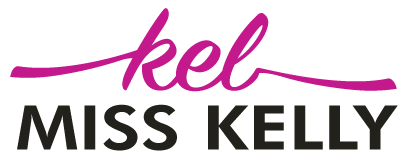Women of old age suffered from too much domestic abuse as compared to today’s women. Encompassing physical, emotional, and sexual violence, it occurs within intimate relationships and families, affecting individuals of all ages and genders, and most of the time people avoid talking about these topics: the issue of domestic abuse, the various forms it takes, and the challenges faced by victims in seeking help and breaking free from its cycle.
Domestic violence extends beyond physical harm, encompassing verbal, emotional, economic, religious, reproductive, and sexual abuse. The victims often experience severe forms of violence. But Miss Kelly has shown in her book The Goat That Escaped and Survived that the underreporting of domestic abuse remains a significant challenge due to factors like fear, cultural acceptance, and a lack of resources.
Miss Kelly talks about how victims may not recognize themselves as victims due to the normalization of abuse within their families. Increased awareness, education, and public perception are crucial to addressing this issue effectively. Victims of domestic abuse often face numerous barriers when attempting to seek help. These include isolation, the traumatic bonding that develops with the abuser, financial constraints, fear, shame, and the desire to protect children. Where the book The Goat That Escaped and Survived clearly shows that support systems play a vital role in empowering victims of domestic abuse, education on healthy relationships, consent, and boundary-setting is key to preventing future instances of abuse. By supporting victims and raising awareness, we can foster a society where everyone feels safe, respected, and free from the grips of domestic abuse.
The Goat That Escaped and Survived is a book recommended to those who have experienced any kind of domestic abuse by their loved ones. And now, by breaking the silence and addressing the underlying causes, we can create a society that rejects violence and supports survivors.
